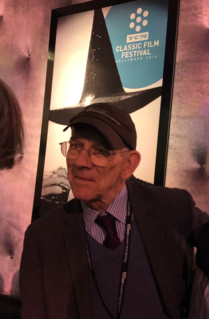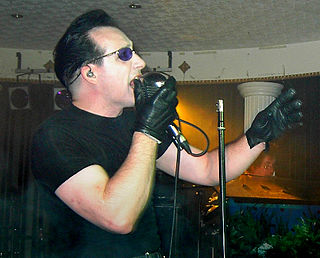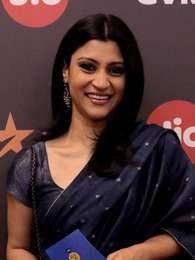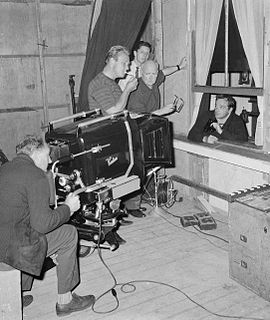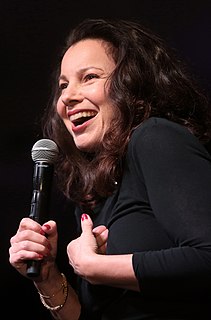A Quote by Brian Eno
Most big concerts sound disgusting and awful and insultingly bad. It's like going to the cinema and been shown a scratchy film which is upsidedown and the bulb had gone on the projector. The quality of large-scale live music is so shocking.
Related Quotes
To me, a revolutionary film is not a film about a revolution. It has a lot more to do with the art form. It's a film that is revolting against the old established language of cinema that had been brainwashing the people for decades. It is a film that is trying to find ways to use sound and image differently.
I've been making films with almost no dialogue (laughs), so sound and music become a very powerful character to tell the story. It's almost like with sound and music and images, it's your tool to tell the story, especially when I decide to structure the film in a way that usually goes against the conventions of the three-act structure which most films are made out of.
A film in which the speech and sound effects are perfectly synchronized and coincide with their visual image on the screen is absolutely contrary to the aims of cinema. It is a degenerate and misguided attempt to destroy the real use of the film and cannot be accepted as coming within the true boundaries of the cinema.
There does seem to be a sense in which physics has gone beyond what human intuition can understand. We shouldn't be too surprised about that because we're evolved to understand things that move at a medium pace at a medium scale. We can't cope with the very tiny scale of quantum physics or the very large scale of relativity.
. . . you [film critics] always overstress the value of images. You judge films in the first place by their visual impact instead of looking for content. This is a great disservice to the cinema. It is like judging a novel only by the quality of its prose. I was guilty of the same sin when I first started writing for the cinema. . . . Now I feel that only the literary mind can help the movies out of that cul de sac into which they have been driven by mere technicians and artificers.




